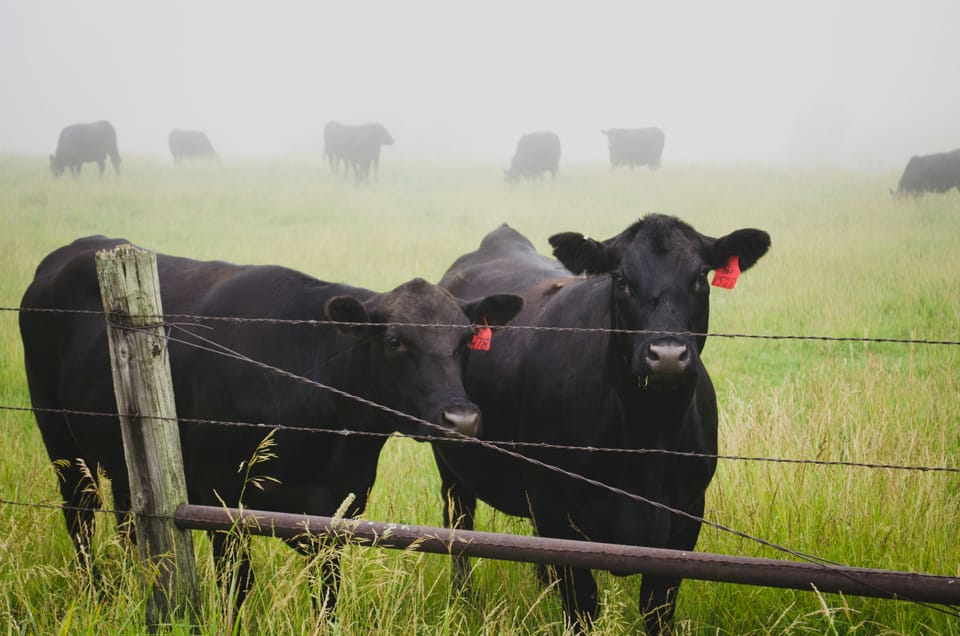Investors renew calls to block JBS IPO based on sustainability concerns

Meat company JBS is under fire again for lowering sustainability standards in its latest New York Stock Exchange IPO application, with investors calling on the SEC to block the listing.
A group of 18 investors, led by NGOs Global Witness and Mighty Earth and representing US$22.2 billion in assets under management, have sent a letter to the US Securities and Exchange Commission (SEC), urging it to block JBS’ desired IPO to “protect investors on the US stock exchange”.
The group, which includes Green Century, Trillium Asset Management and As You Sow, argue that the Brazilian meatpacker lacks transparency around sustainability issues, particularly Amazon and Cerrado deforestation and climate targets.
JBS linked to Indigenous land invasions
In its latest IPO application in the US – filed in June 2024 – JBS removed a reference to ‘zero tolerance’ to the invasion of protected areas, including Indigenous lands and environmental conservation zones, sparking “serious concern” for investors, especially considering the company’s environmental track record.
“JBS has a long history of misleading investors by exaggerating its environmental track record and minimising environmental risks. We urge the SEC to reject JBS' registration until it aligns its environmental rhetoric with its true environmental impacts,” said Annie Sanders, Director of Shareholder Advocacy at Green Century, one of the funds that signed the letter.
In September, Global Witness published a report tying JBS and Barclays to illegal indigenous land invasions in the Brazilian Amazon between 2018 and 2023.
JBS: new climate target after being removed from SBTi
In addition, the company lowered its climate ambition in the June 2024 filing, from ‘net zero by 2040’ to ‘climate reduction goals by 2040’. JBS was one of 284 companies whose commitment to adopt science-based targets was “removed” from the SBTi website in March 2024 – meaning it failed to submit its goals within two years of committing.
JBS is also the subject of a greenwashing lawsuit in the state of New York due to the alleged discrepancies between its ‘net zero by 2040’ marketing campaign and its limited efforts to tackle emissions.
The investors argue that JBS’ lack of climate action and transparency creates compliance and litigation risks that could affect shareholders, since the company could soon face the requirement to publish a 1.5°C-aligned transition plan and to disclose climate impacts and risks under European climate laws such as CSRD and CSDDD.
‘Unchecked power’
Finally, the new listing application gives the Batista family – which founded the company in 1953 – 84.85% of voting rights, up from their current 48.8%. This, they argue, will “effectively disenfranchise minority shareholders and severely limit their ability to influence company decisions on ESG impacts and other matters”.
“This deal hands the unchecked power of the world’s largest meat producer to just one family, while sidestepping any real commitment to Indigenous rights and environmental protection. Investors and NGOs are aligned: we need finance to protect our planet’s climate-critical forests,” warned Alexandria Reid, Head of Forests at Global Witness.
This is not the first time JBS’ NYSE application has been contested: in January, NGOs and lawmakers also appealed to the SEC to block the listing on the basis of its environmental track record.
The company reported 156.5 million tonnes of CO2 equivalent in 2023 – down from 187.6 million tonnes in 2022. However, its Scope 3 emissions disclosures do not include emissions from land use (such as deforestation to make space for cattle farming).







Member discussion